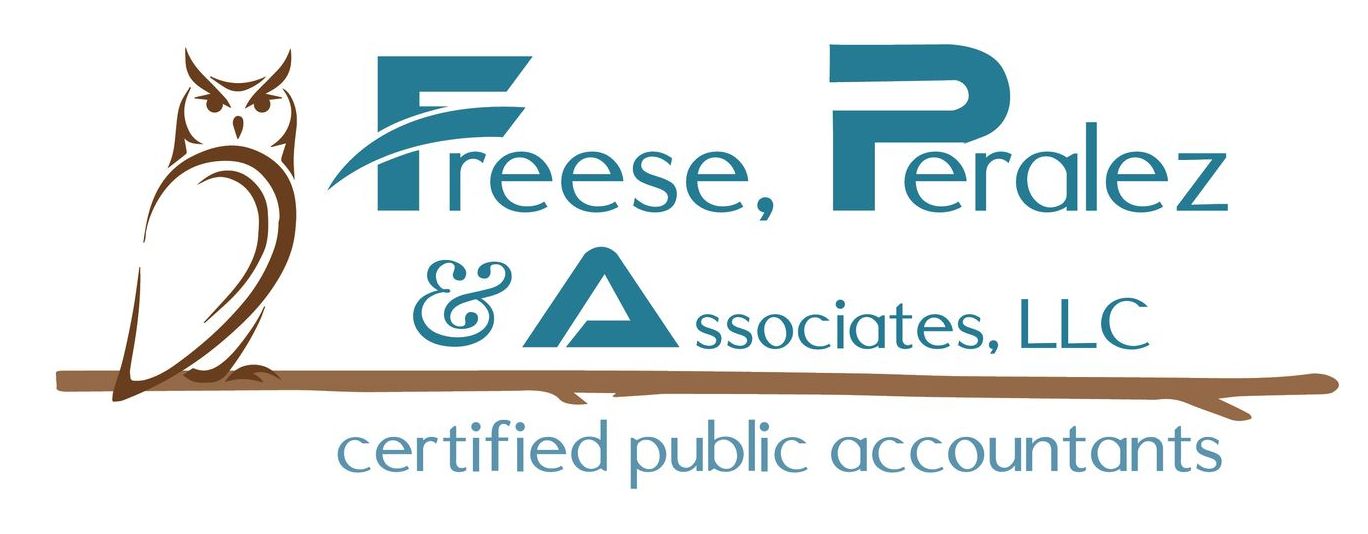Maximize Your 2023 Tax Savings with These Last-Minute Deductions
Maximize Your 2023 Tax Savings with These Last-Minute Deductions
Maximize Your 2023 Tax Savings with These Last-Minute Deductions
As the April 15th, 2024 tax filing deadline draws near, you may be feeling the pressure to get your finances in order and identify any remaining opportunities to reduce your 2023 tax liability. While proper tax planning is an ongoing process, there are still several strategies you can employ in these final weeks to legally minimize your taxable income. In this comprehensive guide, we'll explore various last-minute tax deductions to consider before filing your 2023 return.

Retirement Account Contributions
One of the most powerful last-minute tax moves you can make is to maximize contributions to your retirement accounts. These contributions can not only help you build your nest egg for the future but also provide valuable tax deductions in the present.
Traditional IRA Contributions
If you haven't already maxed out your traditional IRA for 2023, you have until the tax filing deadline of April 15th, 2024, to make contributions for the previous tax year. For 2023, the contribution limits are:
- $6,500 if you're under 50 years old
- $7,500 if you're 50 or older (thanks to the catch-up provision)
Your ability to deduct these contributions will depend on your income level and whether you (or your spouse) are covered by an employer-sponsored retirement plan. However, even if you can't deduct the full amount, contributing to a traditional IRA can still be beneficial due to the tax-deferred growth potential.
SEP IRA Contributions for Self-Employed Individuals
If you're self-employed or a small business owner, you may be eligible to contribute to a Simplified Employee Pension (SEP) IRA. These accounts offer significantly higher contribution limits than traditional IRAs, allowing you to contribute up to 25% of your net self-employment income, up to a maximum of $66,000 for 2023.
Unlike traditional IRAs, SEP IRA contributions can be made until your tax filing deadline, including extensions. This means you have until October 15th, 2024, to make contributions for the 2023 tax year, providing a valuable last-minute tax deduction opportunity.
Health Savings Account (HSA) Contributions
If you're enrolled in a high-deductible health plan (HDHP), contributing to a Health Savings Account (HSA) can be an excellent way to reduce your taxable income while setting aside funds for future medical expenses. HSA contributions are tax-deductible, and the money grows tax-deferred, making them a triple-tax-advantaged investment vehicle.
For 2023, the contribution limits for HSAs are:
- $3,850 for individuals
- $7,750 for families
If you're 55 or older, you can contribute an additional $1,000 as a catch-up contribution.
Like IRAs, you have until the tax filing deadline of April 15th, 2024, to make HSA contributions for the 2023 tax year.

Professional Tax Guidance
While these last-minute tax deduction strategies can provide valuable savings, it's essential to ensure you're following all relevant tax laws and regulations. Working with a qualified tax professional, such as the experienced team at Freese, Peralez & Associates, can help you navigate the complexities of the tax code and identify all potential deductions and credits available to you.
Tax professionals can also provide personalized advice tailored to your specific financial situation, ensuring you're maximizing your tax savings while staying compliant with IRS rules.
Conclusion
As the tax filing deadline approaches, don't miss out on opportunities to reduce your 2023 tax liability. By taking advantage of last-minute deductions, such as retirement account contributions, HSA contributions, business expense deductions, and more, you can potentially save thousands of dollars on your tax bill.
Remember, proper tax planning is an ongoing process, and working with a qualified tax professional can help you stay on top of changing tax laws and ensure you're making the most of all available deductions and credits.
At Freese, Peralez & Associates, we're dedicated to helping individuals and businesses navigate the complexities of the tax code and develop strategies to minimize their tax liabilities. Contact us today to schedule a consultation and take control of your tax situation.
















